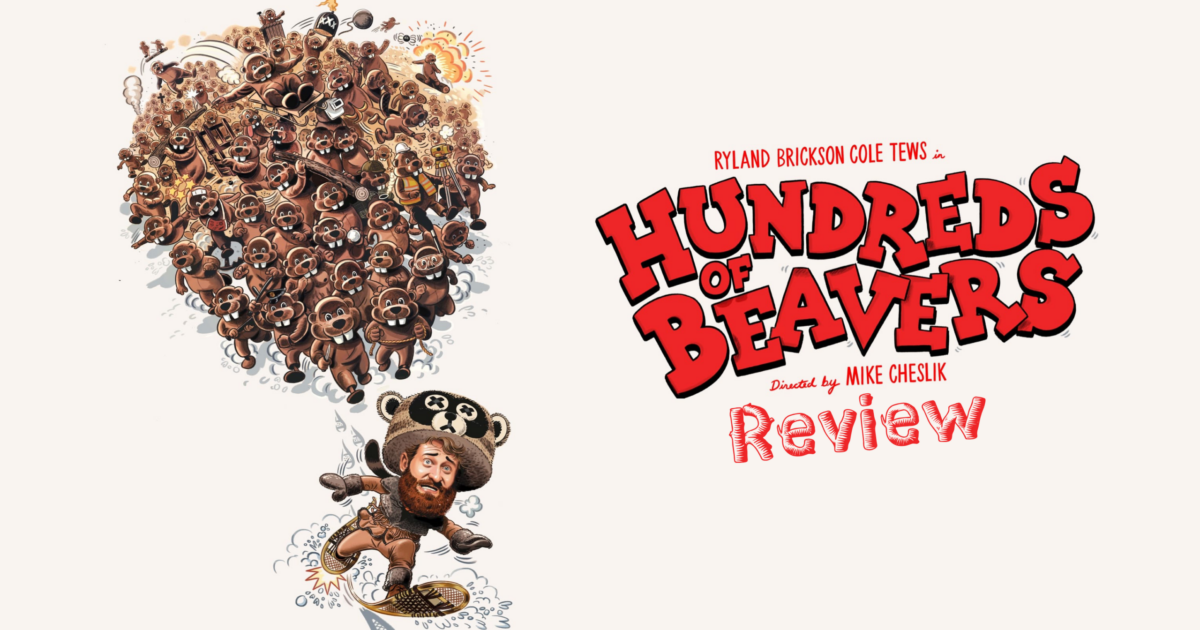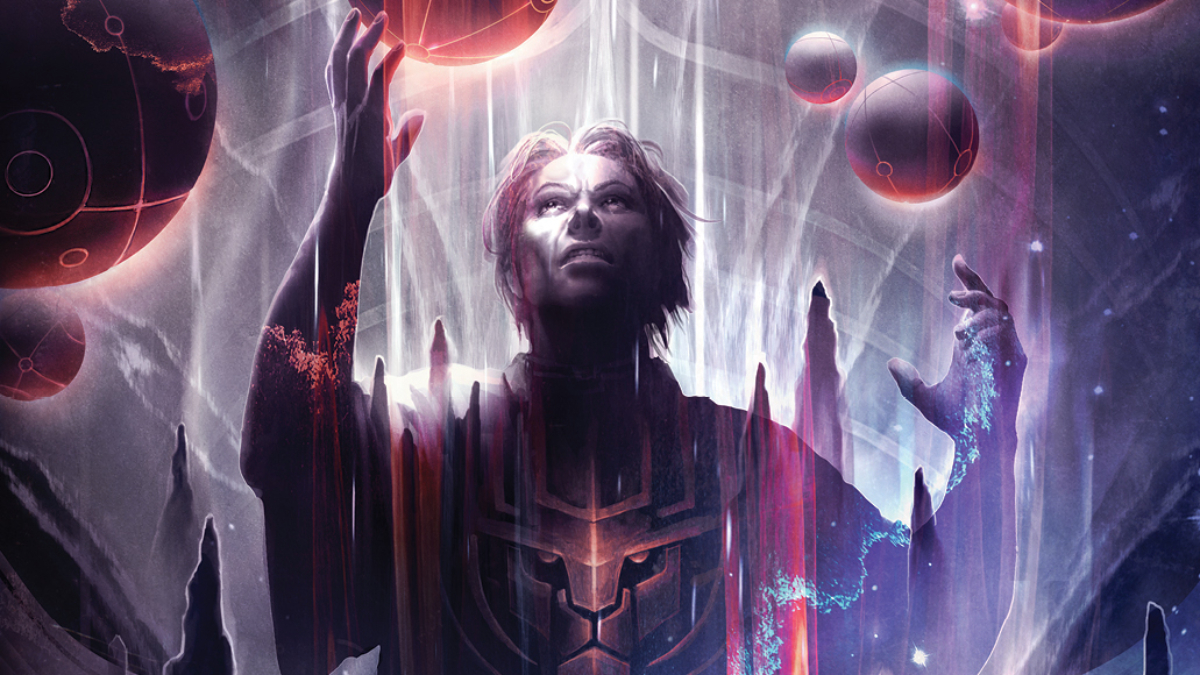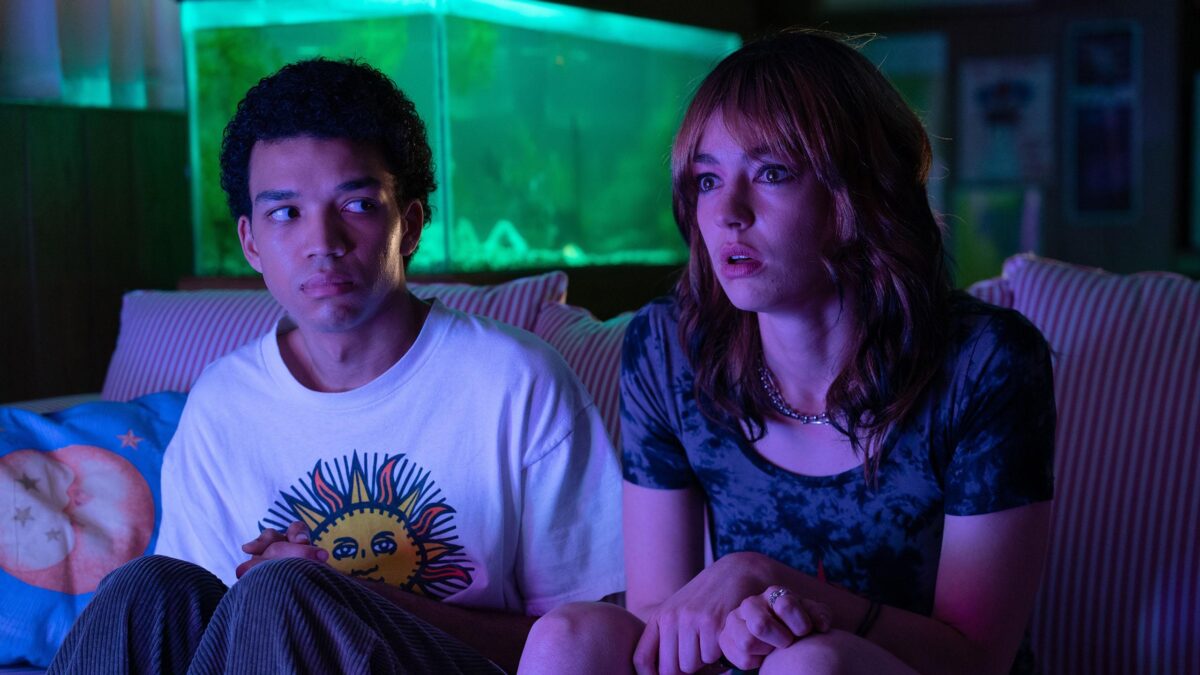With the recent announcement of Gerard Butler returning as Stoick for a live-action remake of How to Train Your Dragon, It’s got me thinking once again about the state of animation in this industry.
Adaptations have been around as long as movies have. Changing a pre-existing story into a cinematic format is nothing new. This is how Walt Disney’s feature animation began, with recreations of fairytales like Snow White, Pinnochio, and Sleeping Beauty. There is nothing inherently wrong with taking something familiar and remaking it. We’ve seen some fun, subversive twists on source material, like Scooby-Doo (2002), Teenage Mutant Ninja Turtles (1990), and Speed Racer, that make interesting choices for a filmgoing audience.
Unnecessary Live-Action Remakes of Animated Classics
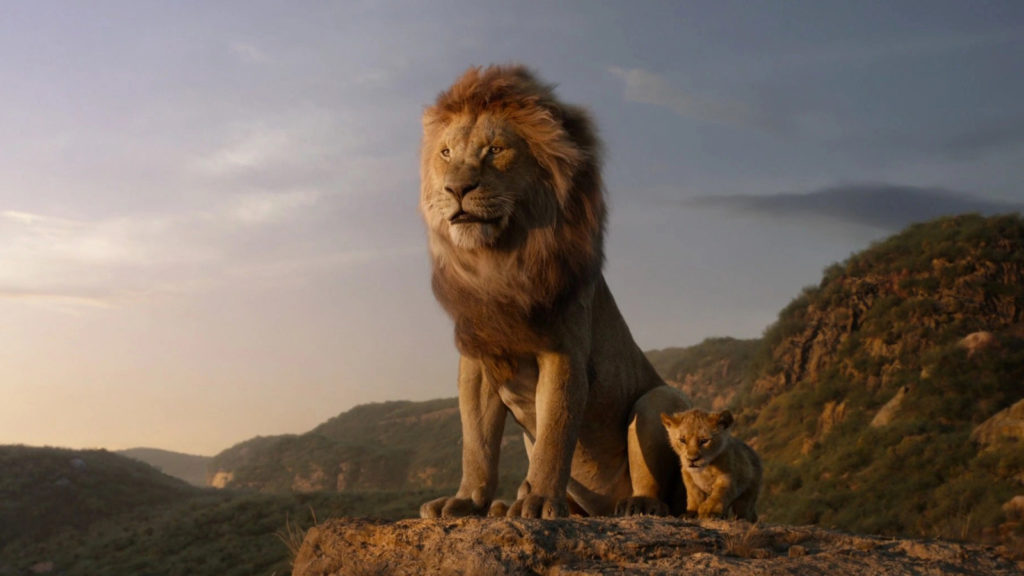
The current trend of remaking animated films as we know it started with the massive success of Tim Burton’s Alice in Wonderland in 2010. From there, Disney started shifting away from their other attempts at non-animated films like National Treasure and Pirates of the Caribbean to start chasing after new takes on beloved classics. What came after were a few solid attempts to do something new with old stories. Maleficent, Jungle Book (2016), and Pete’s Dragon (2016) all strike at familiar territory, but these films don’t aim to simply recreate what we saw before.
With Beauty and the Beast (2017), the goal was no longer to take a new perspective or try a new angle. This film, beat for beat, is the same, with a few filler moments that only tanked the quality of the original. Nearly every Disney remake from this point on is more interested in recycling an animated film to entice fans of the original to pay to see it again.
The Live-Action Crisis is Getting Worse
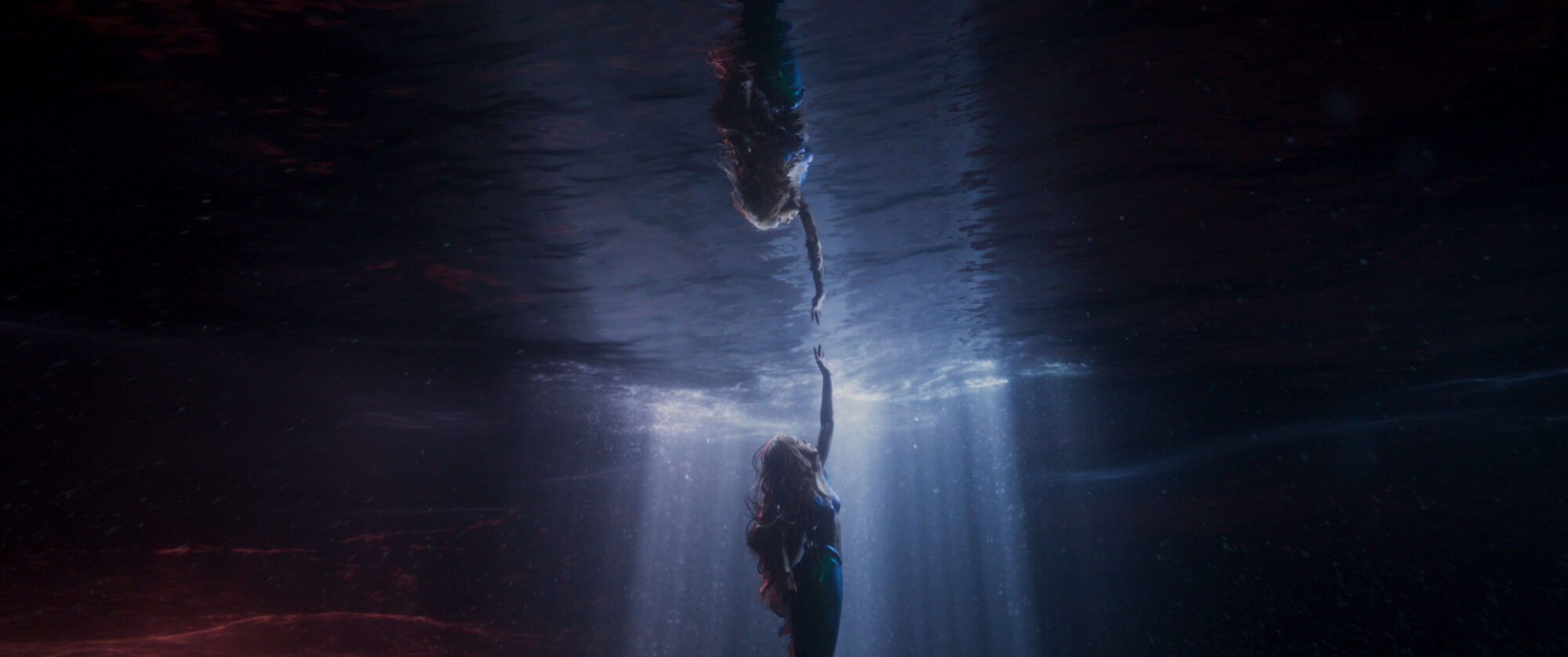
The world of creatives and artists is becoming a faster work environment by the day. Social media rewards those who consistently and frequently output art and big companies have started primarily referring to properties they own as “content” because, to them, it’s all disposable. The medium of animation is no different. It takes time, money, and a good team that puts in passion and effort to make animated works of art. They don’t come out of nowhere. We’ve seen this happen with more independent creators as well, with the push to use “artificial Intelligence” algorithms that steal the art of others to make a worse product that is easier to produce.
RELATED: Nerdbot Studios brings fans live-action Medabots and Digimon in Fan-made shows
These studios are starting to show a huge disrespect for the very medium they were built on. The recent Disney animated film Wish, for example, is supposed to be a celebration of the brand, but it only highlights the worst tendencies the studio has in recycling. It plays into familiar tropes without creating anything new; the songs are focused on being breakout hits outside of the film rather than making sense in the context of the narrative, and worst of all, the film was originally planned to be traditionally animated but was forced to stick to 3D animation by the producers.
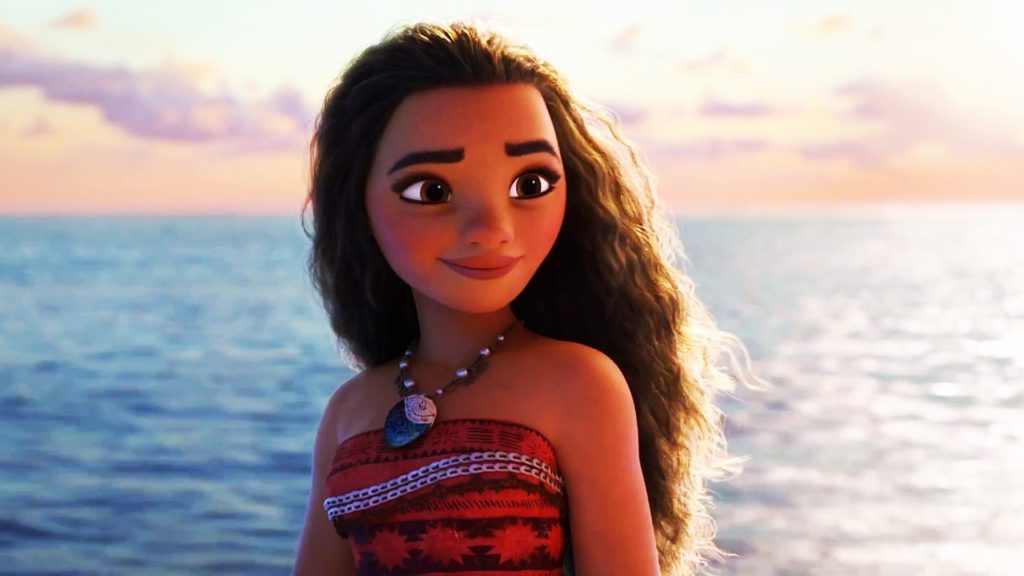
We are starting to reach a breaking point. With last year’s announcement of a Moana remake with the Rock reprising his role as Maui and the How to Train Your Dragon news, the amount of time between the original films and these adaptions is growing exceedingly small. Disney’s recent animated films like Strange World and Wish are performing disastrously financially and critically; the new stuff won’t be beloved enough for a soulless cash grab remake of it.
This goes beyond Disney. The industry has never championed animation and the hard-working individuals who create it, but we’ve reached a point where animation as a medium is only receiving disrespect. Even celebrated recent releases like Spider-Man: Across the Spider-Verse have had reports of underpaying animators and overtime crunch to get the film done by release. As long as studios only see animation as “content” that is easily disposable, more animators and audience members will be taken advantage of for the medium of art they love.
Do you think animation is dying? Are there any Live Action remakes you enjoy? Are there any you don’t care for? Share your thoughts with us on social media! We’re always watching.
KEEP READING: GUARDIANS OF HOLME REVIEW – SATISFYING TOWER DEFENSE GAMEPLAY WITH DIVERSE ROUTES OF CHOICE



